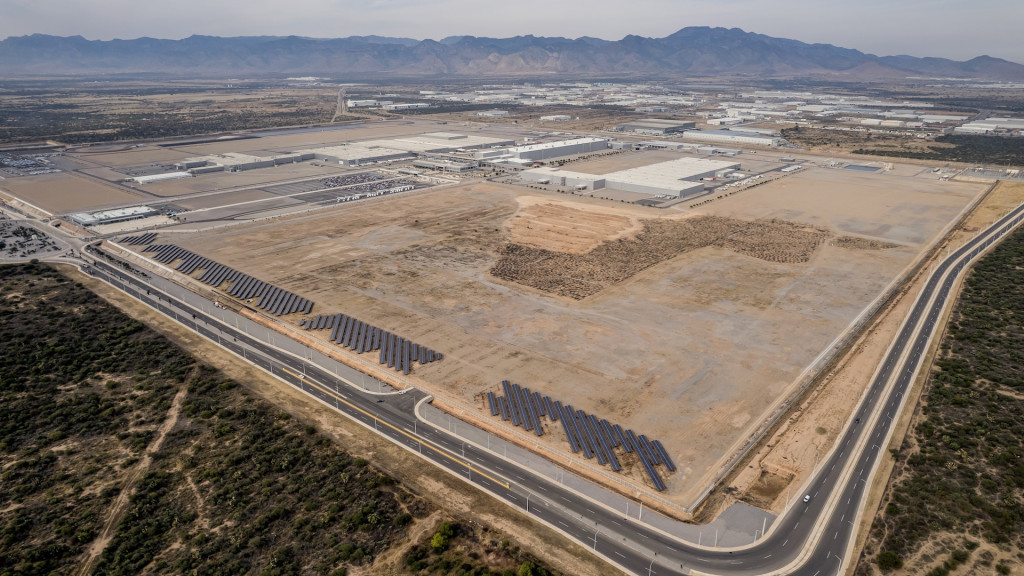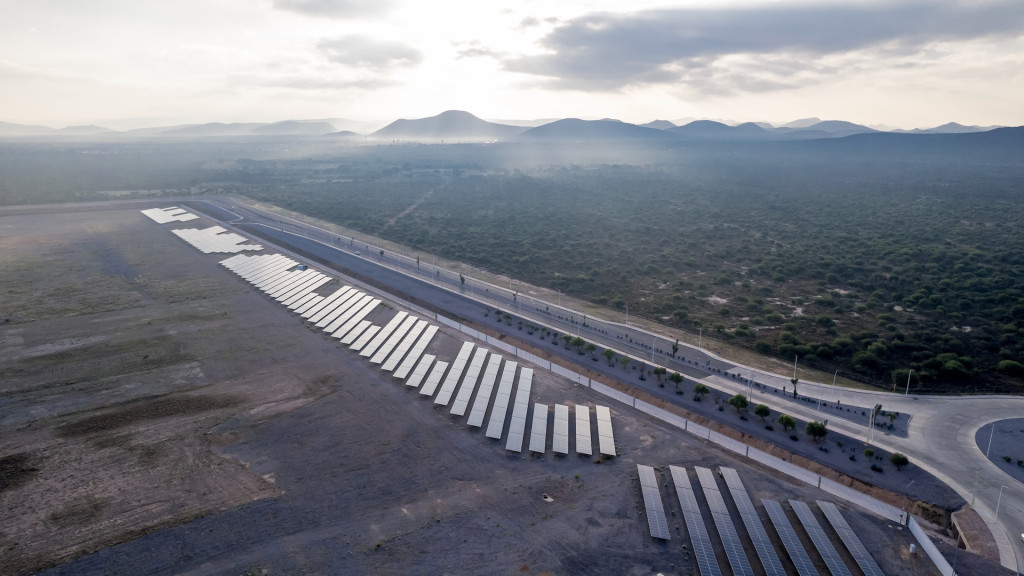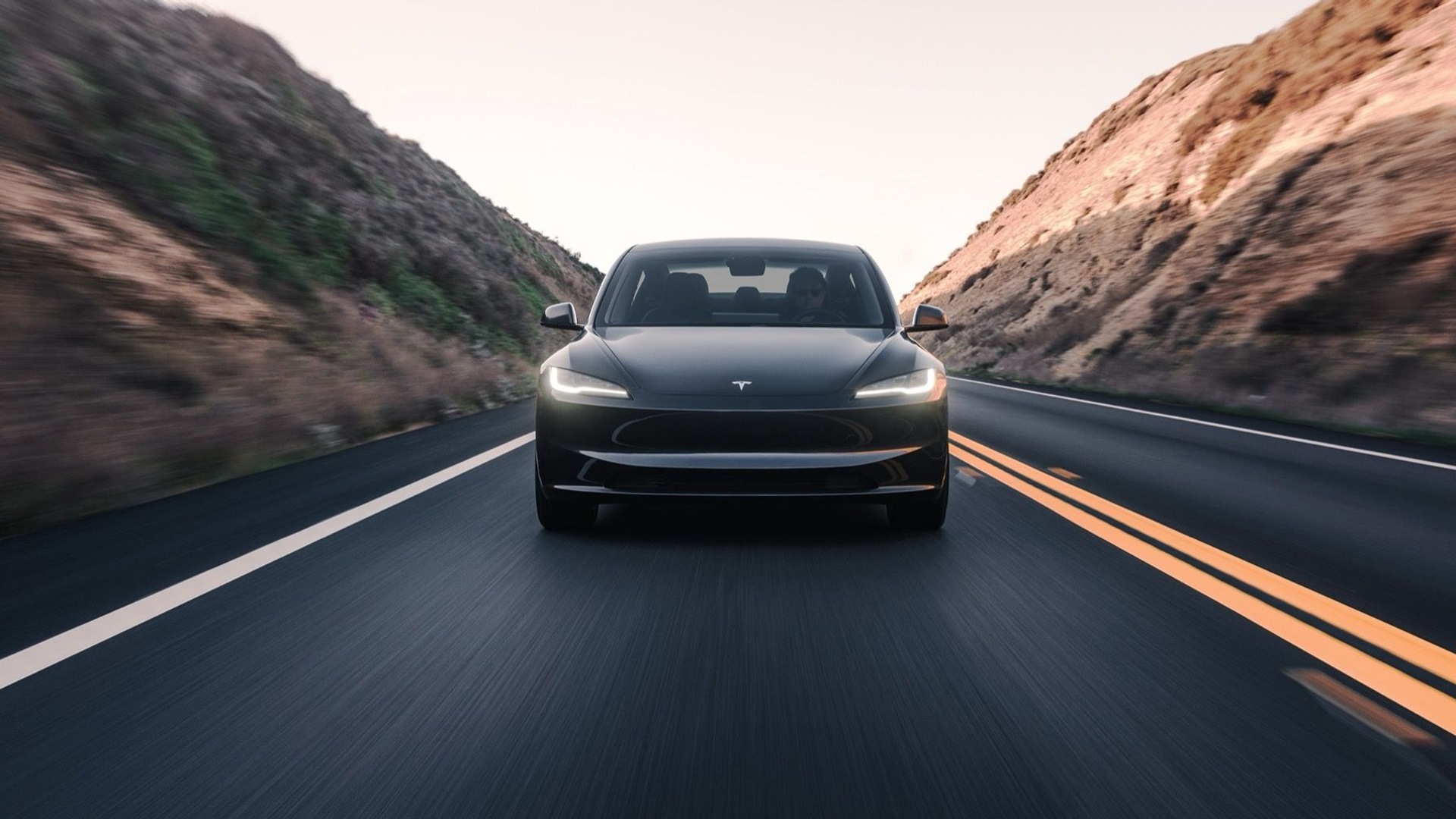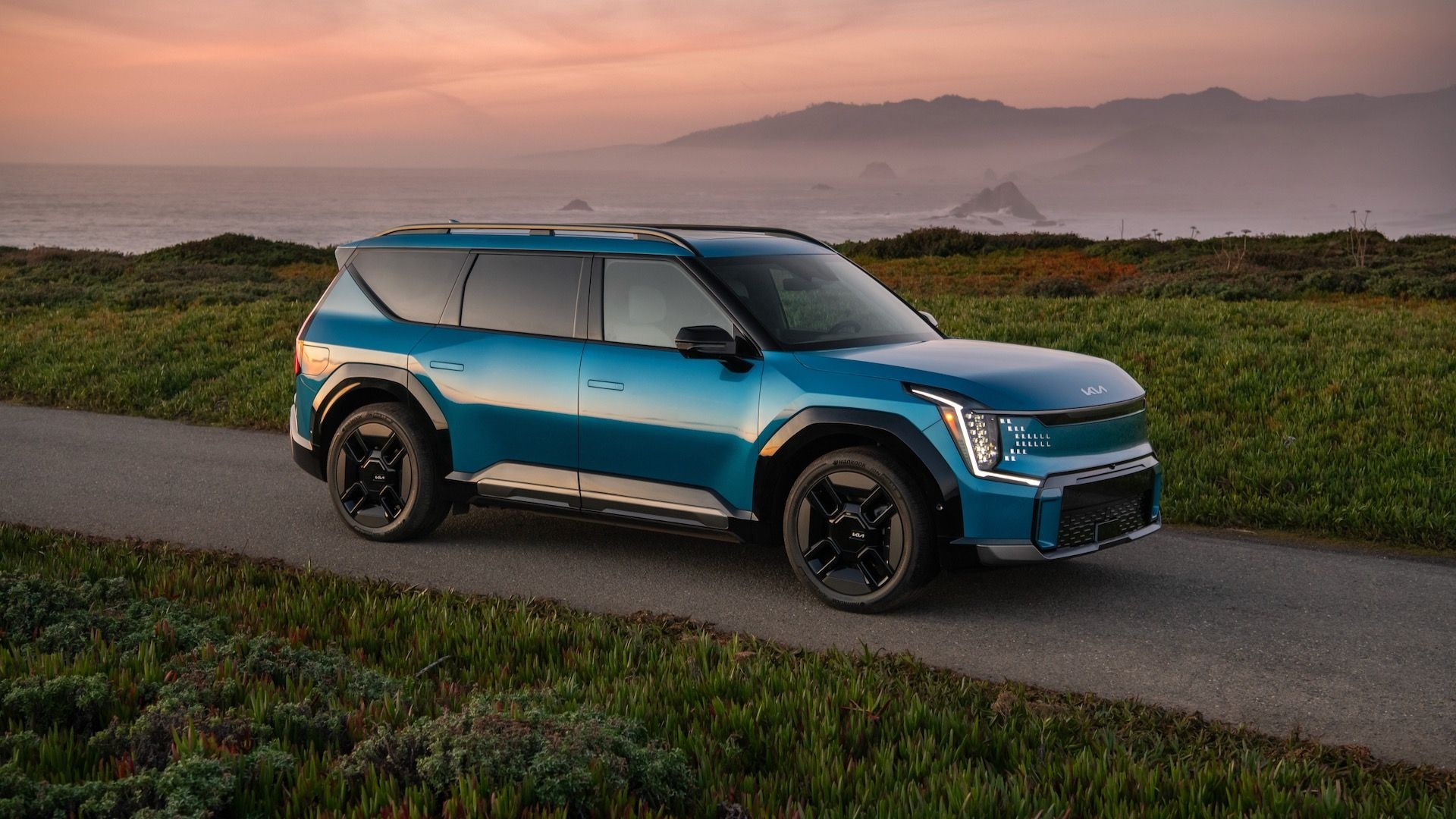BMW's next-generation EVs will be built in San Luis Potosí, Mexico, as well as two European production sites, the automaker confirmed in a press release Friday.
That may allow these new EVs, and their related battery production facility, to qualify for U.S. tax credits and supply-chain incentives.
These models, based on a dedicated platform and christened Neue Klasse (German for "new class") in reference to a family of models from the 1960s that set the template for modern BMWs, will launch in 2025 and will initially be assembled in Debrecen, Hungary, followed by BMW's main plant in Munich, Germany.

BMW Group Plant San Luis Potosí in Mexico
Mexican production will start in 2027, with a large share of the EVs produced there likely destined for the U.S. By assembling vehicles in Mexico, BMW will meet requirements laid out in the Inflation Reduction Act (IRA) for American assembly and American battery and raw material content to qualify for the federal EV tax credit. Accordingly, this may be just one of many impending announcements for Mexican-made EVs.
The automaker is investing $865 million to prepare the San Luis Potosí factory, which opened in 2019 and currently builds BMW 3-Series and 2-Series models, for EV production. That includes $541 million for a new battery-assembly facility.
The Neue Klasse will reportedly split the 3-Series into dedicated EV and internal-combustion platforms, contrasting the i5 and i7 EVs using carryover internal-combustion underpinnings. BMW has also hinted that the dedicated platform developed for the Neue Klasse models could support hydrogen fuel-cell powertrains as well.

BMW Group Plant San Luis Potosí in Mexico
These also will be among the first BMW models shifting to cylindrical battery cells, allowing more range, faster charging, and potentially reduced costs, the latter feeding into BMW CEO Oliver Zipse's intention to make affordable EVs.
BMW also plans to build EVs in the U.S. The automaker recently announced a $1.7 billion expansion of its Spartanburg, South Carolina, including a $1 billion for preparations for EV assembly, and $700 million for a battery-assembly facility in nearby Woodruff, South Carolina.
By 2030, BMW expects to be building at least six all-electric models in the U.S. The automaker predicts that EVs will make up 50% of its global sales by that year.












